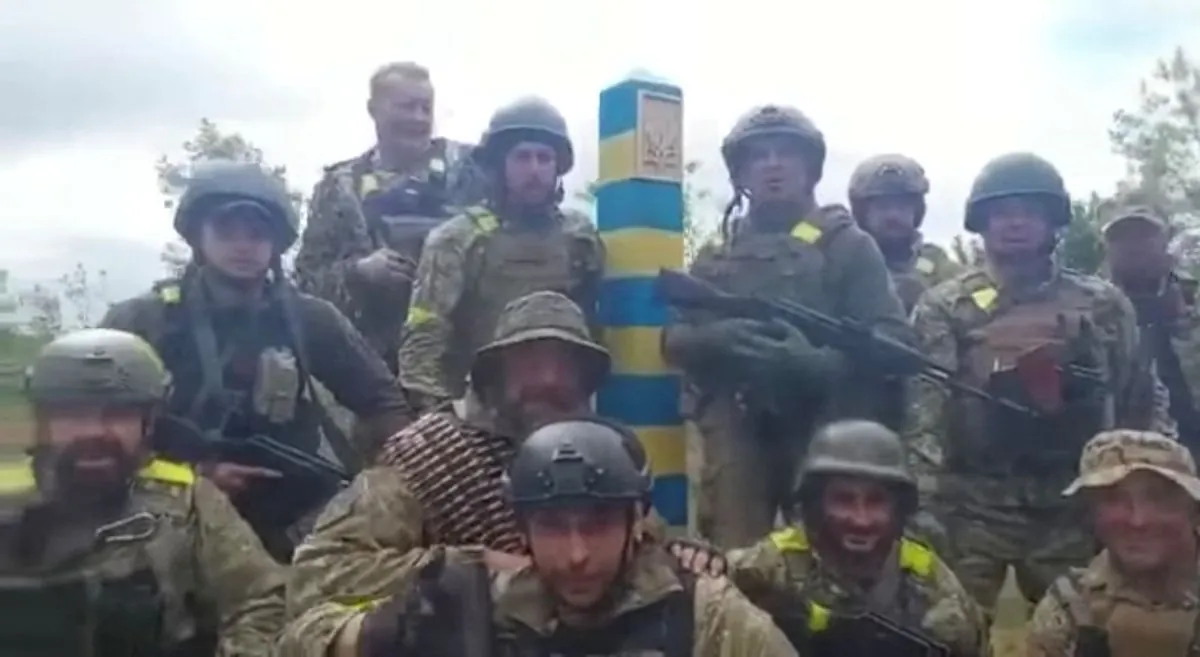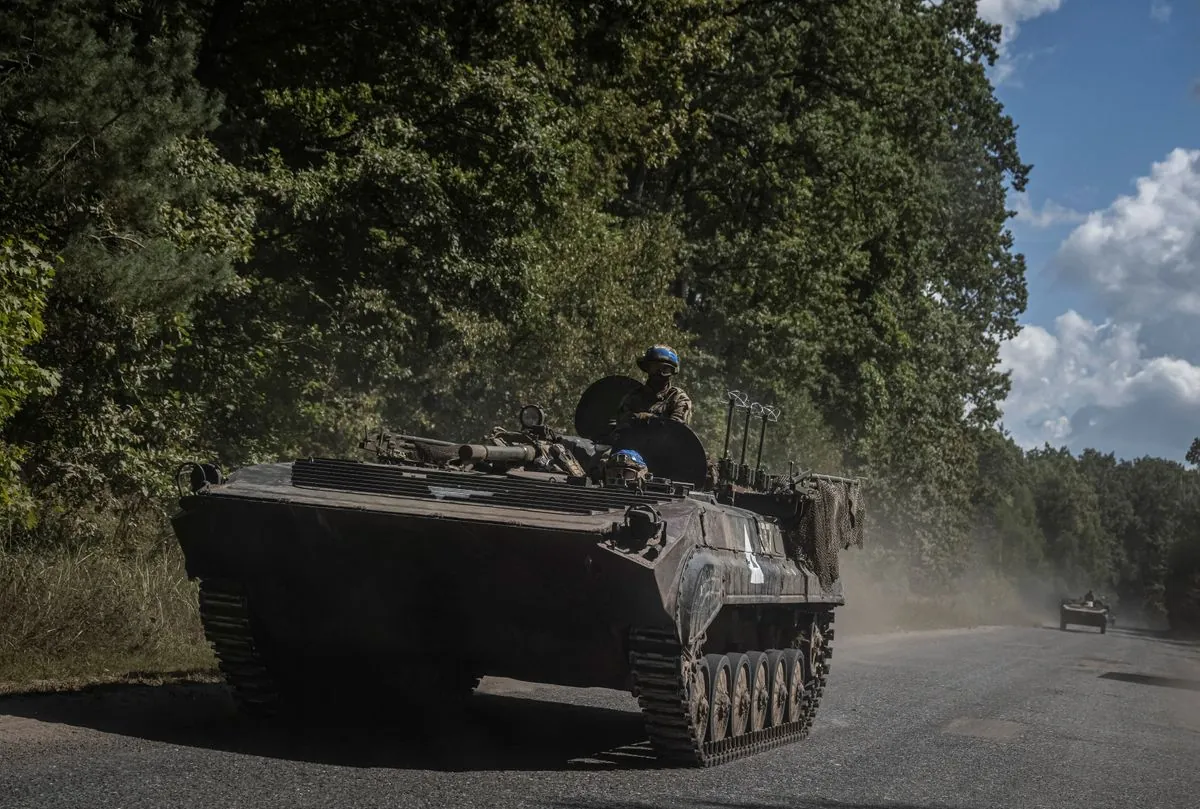Zelenskiy Confirms Ukrainian Military Operations in Russia's Kursk Region
Ukrainian President Zelenskiy acknowledges military actions in Russia's Kursk region, framing it as a response to the 2022 invasion. Increased Russian attacks in Sumy lead to evacuations.

In a significant development, Volodymyr Zelenskiy, the President of Ukraine, has officially confirmed that Ukrainian forces are conducting operations within Russia's Kursk region. This acknowledgment, made on August 10, 2024, marks a new phase in the ongoing conflict between Ukraine and Russia, which began with Russia's full-scale invasion on February 24, 2022.
Zelenskiy framed these operations as part of Ukraine's efforts to "restore justice" in response to Russian aggression. The conflict, now in its third year, has become the largest military engagement in Europe since World War II, resulting in a severe refugee crisis and global economic repercussions.
Russian sources reported Ukrainian forces entering the Kursk region on August 6, 2024. While Russian military bloggers initially acknowledged some Ukrainian progress, they later claimed the situation had stabilized. The Kursk region, located in western Russia bordering Ukraine, has historical significance as the site of one of the largest tank battles in history during World War II.
The Ukrainian President disclosed discussions with Oleksandr Syrskyi, the Commander-in-Chief of the Armed Forces of Ukraine, regarding the operation. Zelenskiy stated:
"Today, I received several reports from commander-in-chief Syrskyi regarding the front lines and our actions to push the war onto the aggressor's territory. Ukraine is proving that it can indeed restore justice and ensure the necessary pressure on the aggressor."
This statement underscores Ukraine's strategic shift towards more offensive operations, leveraging the significant military aid received from Western countries since 2022.

Simultaneously, Ukraine faces intensified challenges along its extensive 1,000-km front line, particularly in the northern Sumy region. This area, sharing a 298 km border with Russia, has experienced an uptick in Russian aerial attacks, including guided bombs. These assaults have necessitated mass evacuations, highlighting the war's continued impact on civilian populations.
The conflict has had far-reaching consequences beyond the immediate battlefield. It has strained Russia's relationships with many Western nations, led to unprecedented economic sanctions against Russia, and significantly impacted global energy and grain markets. Both Ukraine and Russia are major global grain exporters, and the war has disrupted these crucial supply chains.
As the war progresses, it continues to reshape the geopolitical landscape. Ukraine's application for EU membership shortly after the invasion and the increased NATO presence in Eastern Europe underscore the conflict's broader implications for European security and integration.
The ongoing military operations, including those in the Kursk region, demonstrate the evolving nature of this conflict, which has also seen notable use of cyber warfare tactics. As Ukraine strives to "restore justice," the international community watches closely, aware of the potential for further escalation and the urgent need for a peaceful resolution to this protracted and devastating war.


































